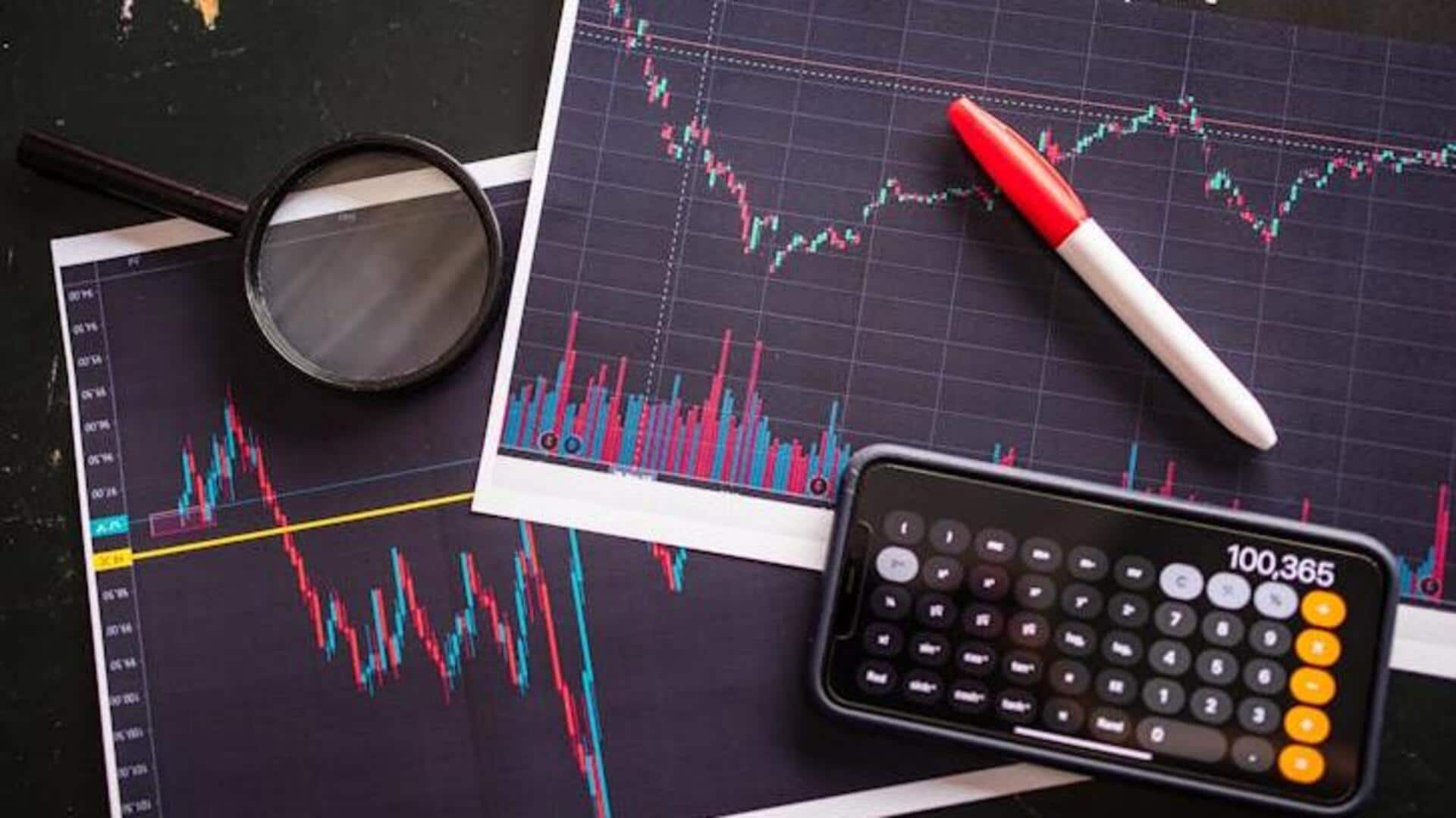
Understanding commodity trading in India
What's the story
Trading in the Indian commodity market presents a distinct avenue for investors to diversify their portfolio beyond conventional stocks and bonds. It encompasses the buying and selling of commodities, including precious metals like gold and silver, energy resources such as oil, and agricultural products. This market operates with its own set of rules and complexities, necessitating a thorough understanding of its dynamics before traders venture into it.
Basics
Getting started with commodity trading
In order to start commodity trading in India, you need to open an account with a registered broker. Commodities are traded on the Multi Commodity Exchange (MCX) and the National Commodity and Derivatives Exchange (NCDEX). These exchanges provide a regulated environment for buying and selling a wide range of commodities. Select a broker with strong customer support, competitive fees, and an easy-to-use platform.
Analysis
Understanding market trends
To trade commodities successfully, you need to understand the market trends and what influences the prices. This means keeping an eye on world events; weather patterns that impact agricultural commodities; geopolitical conflicts that drive oil prices; and economic indicators that influence precious metals like gold and silver. Traders also rely heavily on technical analysis tools provided by the trading platforms to analyze price trends and make informed decisions.
Mitigation
Risk management strategies
Commodity markets are highly volatile, and managing risk is crucial. One common tactic is to use stop-loss orders to limit potential losses. Spreading your investment across different commodities or asset classes can help reduce risk. Don't invest more than you can afford to lose. Commodity prices can swing wildly due to unforeseen events.
Guidance
Leveraging expert insights
For beginners in commodity trading or those looking to sharpen their skills, utilizing expert insights can be a game-changer. Online platforms provide market analysis, webinars, and courses taught by seasoned traders. Participating in trader communities or forums offers valuable advice and encouragement from those with similar experiences. Always remember to conduct your own research before executing trades based on someone else's advice.
Compliance
Staying updated with regulatory changes
The Securities and Exchange Board of India (SEBI) is the regulatory authority for commodity trading in India. SEBI regularly updates the rules and regulations pertaining to the commodity derivatives markets. These regulations are designed to safeguard investors' interests and ensure a level playing field. It is crucial for traders to stay updated with these regulations to ensure compliance and avoid legal complications while trading commodities.